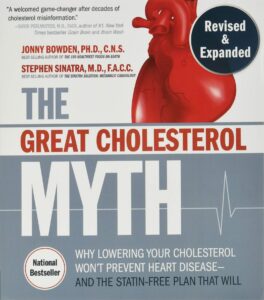Cholesterol
Updated April 11, 2023

This page is under development. Working links will provide starting information. Please let us know about your interest in this page by emailing us here, and check back soon.
Cholesterol is a steroid molecule that is a white, crystalline solid at room temperature. It is a hydrophobic molecule, meaning it is not soluble in water, but is soluble in non-polar solvents such as ethanol, ether, and chloroform.
The melting point of cholesterol is around 155-157°C (311-314°F), which is relatively high compared to other lipids. This high melting point is due to the presence of a rigid ring structure in the molecule.
The specific gravity of cholesterol is around 0.93 g/cm3, or 0.034 oz/in3. It is less dense than water (specific gravity of 1.00 g/cm3 or 0.036 oz/in3)
Cholesterol is a natural component of the membrane of cells, where it plays an important role in maintaining their fluidity and stability. It is also a precursor for the synthesis of hormones such as estrogen, testosterone and cortisol, and for the synthesis of bile acids which aid in the digestion of fats.
Though dietary cholesterol is no longer a significant concern, it remains of interest what foods carry the most cholesterol. This may be flipped in that people with adrenal and bile issues may benefit from a higher cholesterol intake if the liver isn’t making enough or it’s getting diverted (such as by yeast).
| Meat/Fish | Cholesterol (mg/100g) |
|---|---|
| Butter | 30-35 |
| Chicken | 60-80 |
| Beef | 60-80 |
| Egg yolk | 300-400 |
| Liver | 150-200 |
| Milk | 20-25 |
| Pork | 60-80 |
| Salmon | 45-55 |
| Shrimp | 130-170 |


